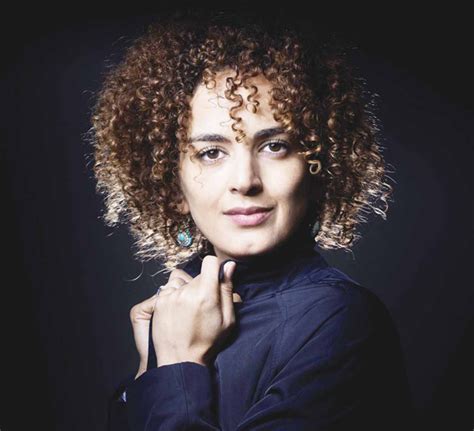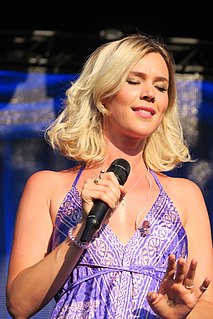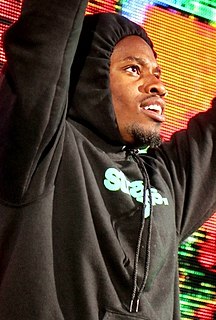A Quote by Ann Patchett
I don't want to stand with somebody's praise. Whereas now when people come up to me, they say, "I love the bookstore" and "Kids! Come here, come here! This is the woman who owns the bookstore." That's incredible. I can say to that, "Thank you for shopping local. Thank you for coming in. What are you reading? Let's talk about books." It's about something I'm doing as opposed to somehow something I am. I feel comfortable and positive in that role. Because it's about reading. It's about books. It's about learning. It's about business and tax base.
Quote Topics
About
Am
Base
Because
Books
Bookstore
Business
Come
Come Up
Comfortable
Coming
Doing
Feel
Incredible
Kids
Learning
Local
Love
Me
Now
Opposed
Owns
People
Positive
Praise
Reading
Role
Say
Shopping
Somebody
Somehow
Something
Stand
Talk
Tax
Thank
Thank You
Thank You For Coming
They Say
Up
Want
Whereas
Woman
Related Quotes
What happens at the average church or synagogue or mosque is that I don't know many priests or ministers or rabbis who say to their congregation, 'go home and talk about the religion at the kitchen table with your kids...talk about God, talk about what this is all about.' They say in general, come back on the weekend, we'll talk to you about it.
I want to say that I can be Moroccan and speak about someone without speaking about his nationality. Because, you know, I have the feeling that when you come from Morocco, when you come from Afghanistan, when you come from Africa, Occidental people always wait for you to write a novel about identity.
The fact is when I get pissed off about something or something awful has happened, I just say, 'You know what? Thank you very much. Thank you for the lyrics. Because that is exactly what you just gave me.' There's no real negative then. So if something happens, I don't cry about it. I just find myself a pen and I figure it out.
A man's bookcase will tell you everything you'll ever need to know about him," my father had told me more than once. "A businessman has business books and a dream has novels and books of poetry. Most women like reading about love, and a true revolutionary will have books about the minutiae of overthrowing the oppressor. A person with no books is inconsequential in a modern setting, but a peasant that reads is a prince in waiting.
The young adult literature is relatively new - it just kind of exploded in the 2000s. When I grew up, there weren't bookstores with sections dedicated to teen lit, nor was my generation raised reading books written specifically for us. Because of that, today we still think of books for teens as children's books and so when you write a book that includes sensitive topics, it just seems even more controversial. What's troubling to me about that is these are issues adults know that teens deal with. Not writing about them makes them something we don't, or can't talk about.
Think about reading: Today, parents would love it if their kids read books more because the parents understand the books. Just over 100 years ago, parents were upset because their kids were reading dime-store novels. Parents would say, "I don't want you inside reading anymore. Get outside and play." I guarantee you, in 50 years or so, parents are going to say, "You're not going outside to play until you finish that video game."
On the contrary, it's because somebody knows something about it that we can't talk about physics . It's the things that nobody knows anything about that we can discuss. We can talk about the weather; we can talk about social problems; we can talk about psychology; we can talk about international finance gold transfers we can't talk about, because those are understood so it's the subject that nobody knows anything about that we can all talk about!
I think I'm still fed by my childhood experience of reading, even though obviously I'm reading many books now and a lot of them are books for children but I feel like childhood reading is this magic window and there's something that you sort of carry for the rest of your life when a book has really changed you as a kid, or affected you, or even made you recognize something about yourself.
I think that you are what you speak a lot of times, and there's power in the tongue. I feel sorry for the people who always have something negative to say. If something happens bad in my day, I don't tweet about it - I pray about it, or talk to my husband about it or my mother about it, and get it off of me and move on.



































